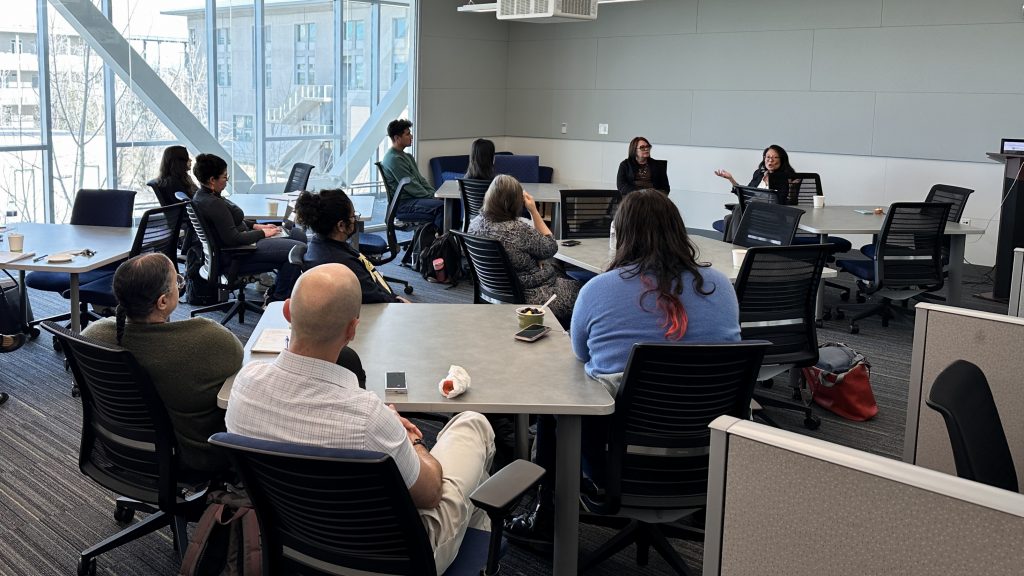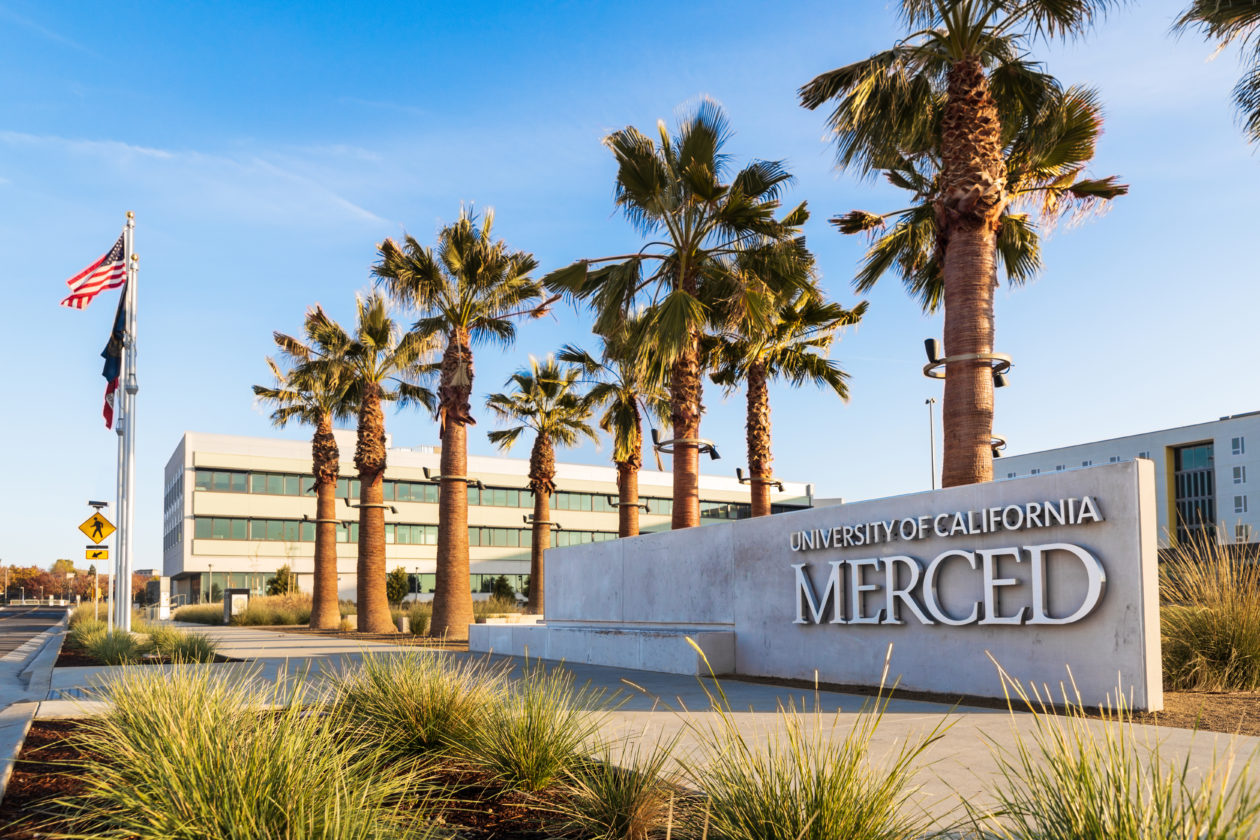By Martin Ojeda, Staff Research Associate, “Stronger Together, Community-Engaged Research in the San Joaquin Valley” Luce Foundation Grant, UC Merced
Earlier this Spring, the Luce Initiative hosted a workshop with Anna Song, Associate Vice Provost for Academic Personnel, UC Merced and Iván González-Soto, UC Merced alumnus and Assistant Professor of Latinx History, WSU Vancouver. The workshop focused on strategies and tips for making community-engaged scholarship (CES) count towards faculty hiring and promotion. During the workshop, Anna and Iván were interviewed by Martin Ojeda about their experiences applying to faculty positions, best practices, and general advice for graduate students and new faculty.
Our first guest speaker, Iván, spoke from his experience as a former UC Merced graduate student and current junior professor at Washington State University. Iván spoke on how search committees in various types of teaching institutions look for people who can conduct interdisciplinary work and engage the public with their scholarship.
Iván’s focus was on how one can remain motivated over time. Key to sustained motivation was keeping a beginner’s mindset, applying to small grants, and being intentional with calendaring your time. Keeping a beginner’s mindset helps refresh your excitement for your given research topic. Additionally, applying to grants helps you gain more funding opportunities over time, creating a snowball effect. Iván related that keeping a scheduled calendar to apply for and write grants has been central to this process. Overall, Iván relayed that the passion behind your research, breadth of collaborations, and consistency of funding opportunities will be reflected in the CV that search committees will be looking at.

Our second guest speaker, Anna, spoke from her experience as a tenured faculty member and senior administrator working in Academic Personnel. She spoke on how UC Merced decides on faculty promotion and tenure: tenure and promotion are decided by several review streams, such as academic senates, one’s academic department, and Dean. Anna’s advice to junior faculty was to learn how to communicate with multiple audiences. Effectively, this means that your research should be understood in the broader context of your field by those reviewing it, and as relevant and impactful.
Anna discussed the requirement to be productive for the purpose of tenure and promotion. Meeting this requirement can be difficult for community-engaged researchers, especially when balancing community and academic priorities. Academic productivity primarily needs to be framed in the context of your field and department. Anna suggests being productive in several ways: by organizing symposiums, leadership summits, writing methods papers, and publishing in areas such as open-access journals.
Ultimately, Iván and Anna converge in their advice as both spoke on the importance of effective research communication and productivity. They spoke of effective communication as a tool that is used in every aspect of your career, whether it is in collaboration with community members, other academic departments, or in gaining tenure. Secondly, both speakers emphasized the importance of being productive and how output builds up in one’s favor when applying to jobs or seeking promotion.
